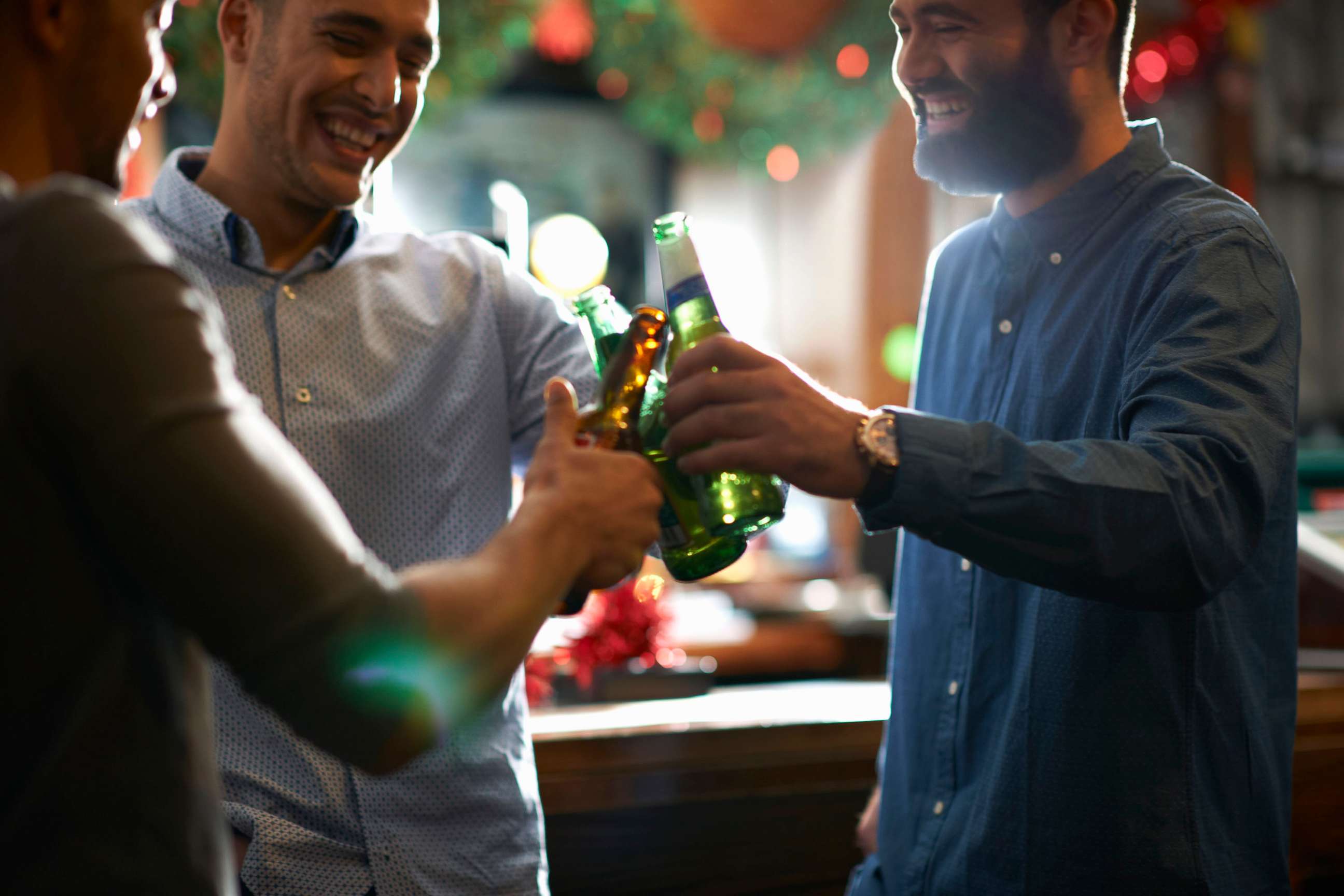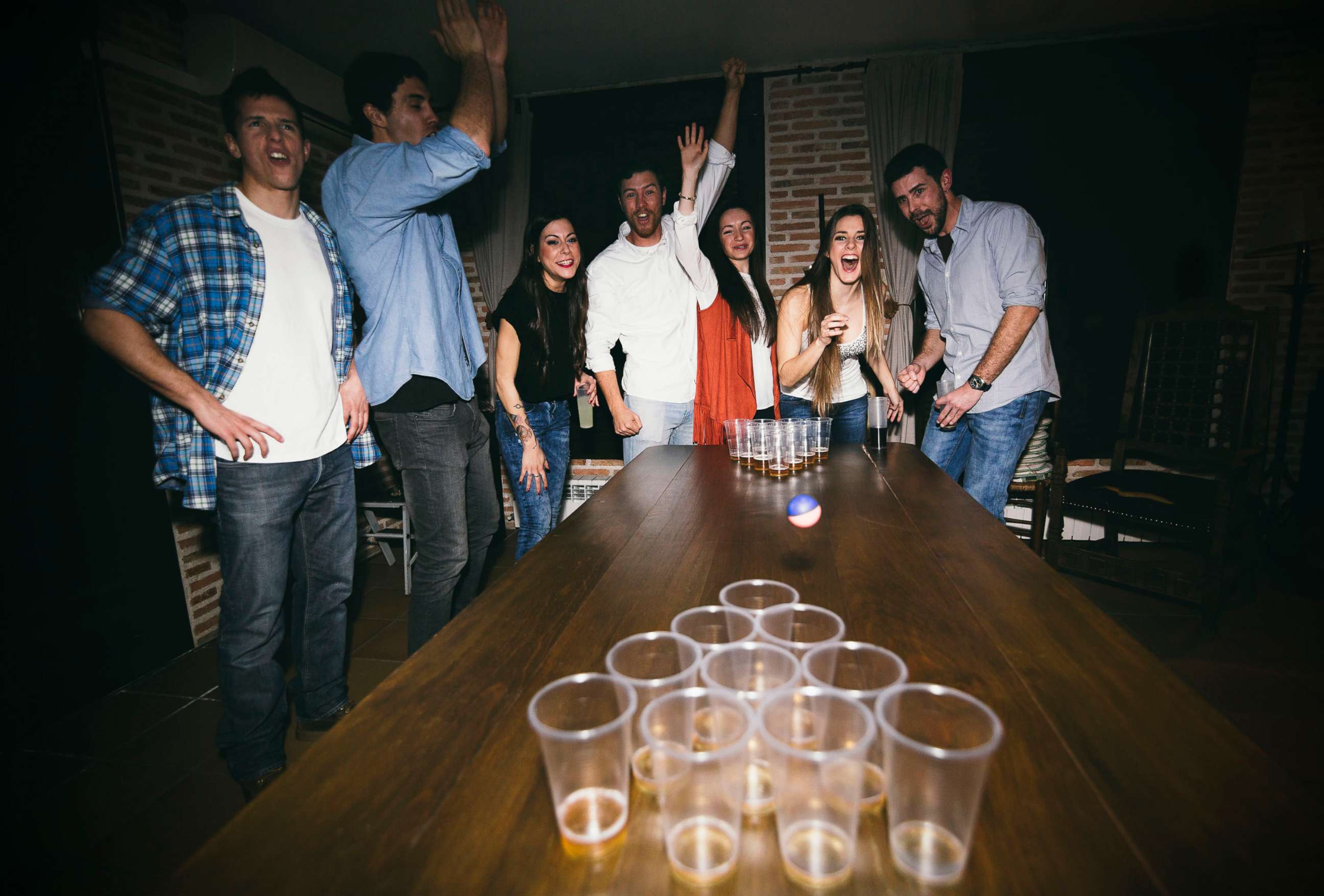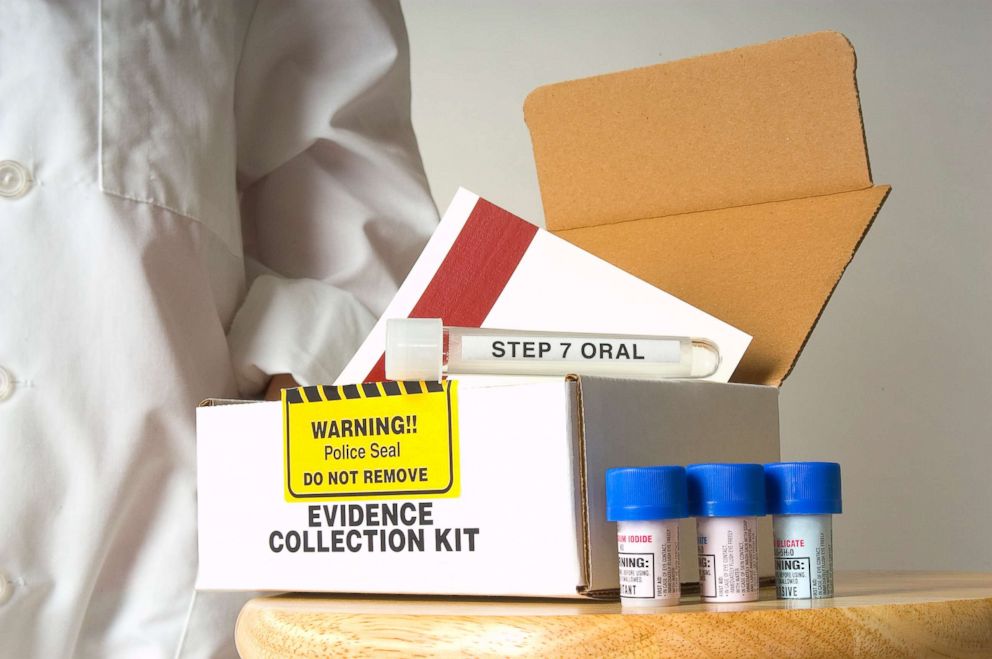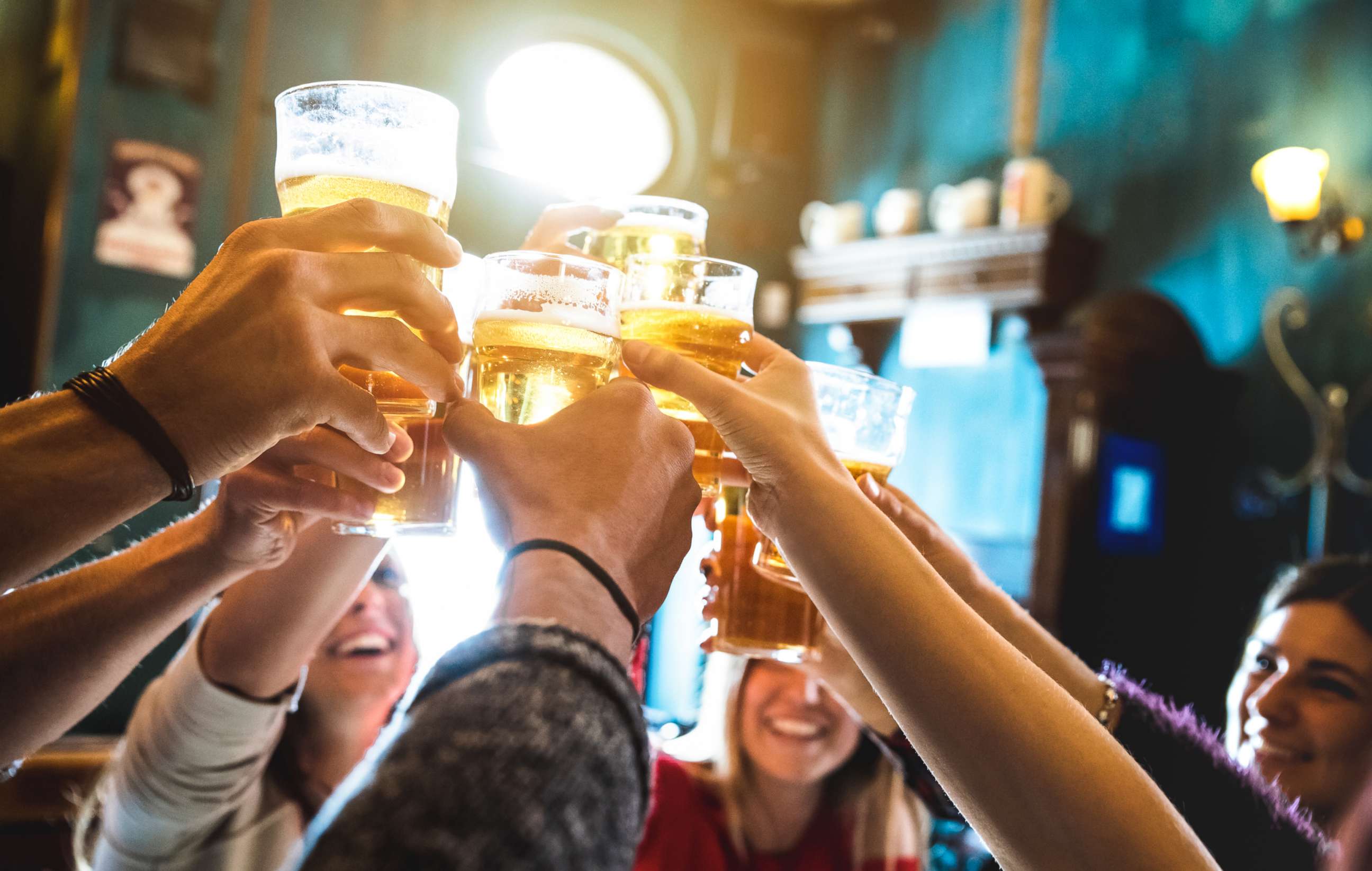In Kavanaugh case, link between alcohol and sexual violence takes center stage
Drinking can lower inhibitions and, for some, raise expectations about sex.
The allegations roiling Brett Kavanaugh’s Supreme Court nomination have shined a light on the association between sexual assault and alcohol consumption.
One in four U.S. women and girls is a victim of sexual assault, including rape or attempted rape, during her lifetime, according to estimates in research by the National Institute on Alcohol Abuse and Alcoholism (NIAAA).
Roughly half of sexual assaults on women and girls involve alcohol consumption by the perpetrator, the victim, or both, the NIAAA research states.
Part of the effect of alcohol is to show a side of a person that normally they have been socialized to control
Of course, not everyone who drinks heavily becomes physically or sexually aggressive or violent. No clear, direct causal relationship has been found between alcohol use and sexual violence, but rather alcohol consumption contributes to sexual assault through "multiple pathways," the NIAAA research finds.
A person who commits sexual violence when intoxicated likely already has that impulse when sober but is able to control it, according to a Brown University researcher on alcohol use and sexual assault.
"Part of the effect of alcohol is to show a side of a person that normally they have been socialized to control," said Kate Carey, a Brown professor of behavioral and social sciences who is affiliated with the university's Center for Alcohol and Addiction Studies.
Perhaps in part because alcohol is widely understood to lower inhibitions and weaken impulse control, some advocates say, there is a forgiving attitude toward people who commit sexual assault while under the influence of alcohol or drugs.
"Our nation is still a nation that seems to think that if drugs or alcohol are involved, [the assault] is less serious ... it's not strategic; it's not intentional. We excuse it," said Kristen Houser, chief public affairs officer for the National Sexual Violence Resource Center.

Allegations against Kavanaugh of sexual misconduct or assault involve drinking
He is also alleged by former Yale University classmate Deborah Ramirez to have exposed himself to her during a party where there was drinking.
A third woman, Julie Swetnick, has claimed in a sworn declaration that at about the time Kavanaugh was in high school she saw him drink excessively at parties and engage in "physically aggressive behavior toward girls."
Kavanaugh has strongly and categorically denied all the allegations, saying that while he drank beer in high school and college, he never drank to great excess, such as to the point of blacking out, and he never engaged in sexual misconduct.
"I've never sexually assaulted anyone,” the nominee, 53, said in testimony Thursday before the Senate Judiciary Committee.
Alcohol may seem to some people to 'give permission for sexual activity'
There are two widely accepted theories for how alcohol use can play into sexual misconduct and assault, said Carey, the Brown University researcher.
One has to do with the expectation among some people that situations involving drinking make sexual behavior more likely, Carey said.

"They may seek out situations that involve alcohol when they want to have sex," she said, adding another possibility that is when they are already drinking, the expectation of having sex arises.
"If I want to be sexually uninhibited, I might drink alcohol to achieve that aim, and then the other direction is, if I am drinking and I’m getting intoxicated then ... that will set the stage for sexual activity or that will give permission for sexual activity," Carey said.
The other widely accepted theory has to do with the effects of drinking on the brain.
Alcohol affects the brain's frontal lobe, the part in charge of executive functions like decision-making and awareness of long-term consequences, Carey said.
"When you get intoxicated, you don’t think as much about long-term consequences, and you are more influenced by current, salient things that are in front of you," she said. "That explains why in certain situations when people are intoxicated they will do certain impulsive things. They are focusing on the here and now."
For potential victims of sexual misconduct, drinking may make them less able to react quickly and more vulnerable.
Regarding assailants, the theory is that some people have impulses to behave in a sexually aggressive way but keep those impulses under control when they are sober.
"Alcohol is going to make you behave differently," mostly in cases where someone normally is inhibiting sexual impulses through frontal-lobe activity, Carey said. "But when you’re drinking and you’re very intoxicated, those inhibitions dissolve and you actually act out in ways that you would like to but [which] normally you inhibit."

Intoxicated people are responsible for their behavior
If alcohol lowers people's impulse control, should they be held responsible for their actions?
The law says yes, Carey said, and research bears that out.
"Nothing in the research literature suggests that intoxication should absolve one of responsibility, just because the effects of alcohol 'release' a person to behave in more extreme ways than [they] would behave sober," she said.
"An intoxicated person may make very poor decisions, and ... may engage in aggressive or risky behaviors that are normally inhibited, but alcohol intoxication does not force a person to do anything," Carey said.
Houser of the National Sexual Violence Research Center agreed.
"To have your inhibitions lowered means you're lowering something that you already know is wrong," Houser said.
If you engage in an activity when drunk or high, "you have to have the motivation at one point or another."
"Sexual assaults are strategically carried out in private, without witnesses, because you have someone making decisions about who, when, what and where this will take place," she said.

Sexual assault by a person who is intoxicated is not 'drunk sex'
One reason sexual violence involving alcohol is taken less seriously is a tendency to confuse assault by a person under the influence and "drunk sex," Houser said.
Consensual sex between two people who are drunk or high is one thing. Assault by a person who is intoxicated is another.
"When you talk to young women who have been held down, had arms held across their necks and chests, had their heads hit on tile floors, it's not drunk sex," Houser said.
Related to confusing assault with consensual sex is the mistaken thinking that a young, intoxicated perpetrator didn't act purposefully, "didn't mean" to commit an assault, Houser said.
"There's this misnomer that a drunk young man in college made a mistake and, 'Gosh, he didn't mean it,' and that's not the truth," she said.
A problem is that "assailants know that ... [sexual violence] is less likely to be taken seriously when drugs or alcohol are involved," Houser said.
In addition to being dangerous for potential victims, that attitude is also harmful to young perpetrators, Houser said.
"It's most important that we hold young offenders accountable because that's when you have the best chance of treatment to change behavior," she said.
"It's harder to change patterns," Houser added, when people are in their 30s or 40s.




